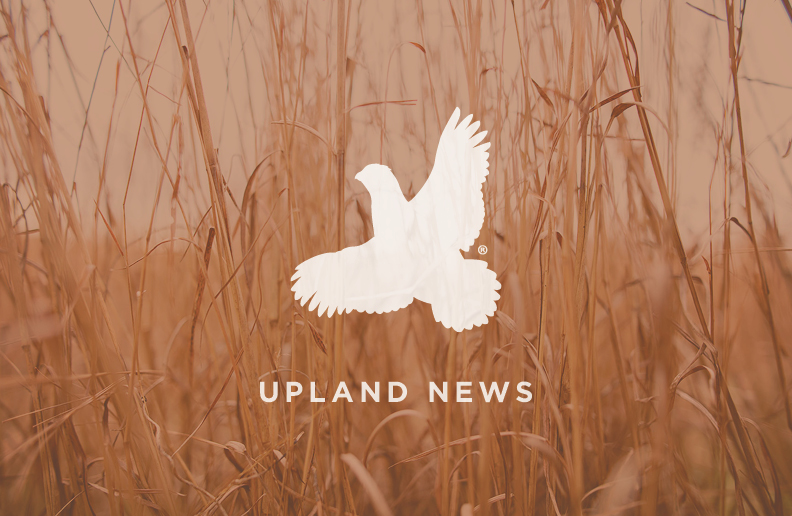South Carolina Man Fined $75,000 For Killing Raptors By Daniel Xu

A University of South Carolina trustee was fined $75,000 for ordering employees to bait and kill red-tailed hawks, a federally-protected bird, in a 1,800-acre plantation in Orangeburg. According to officials, 66-year-old Charles Williams confessed that he had the birds killed to protect caged quail that he had been raising for hunting purposes. Williams and three other men pleaded guilty to the killings after a federal investigation discovered that at least seven hawks had been killed between 2013 and 2014.
Each hawk killed carried with it a maximum of 6 months in prison and a $15,000 fine. U.S. Attorney Eric Klumb initially asked for a $100,000 fine and a 3-year ban from hunting, which he argued would dissuade others from following in Williams’ footsteps. Killing hawks to protect game birds was an unsavory—not to mention illegal—practice, but not one that was uncommon. Judge Shiva Hodges eventually sentenced Williams to a $75,000 fine and a 1-year hunting ban. While lighter than the recommended sentence, it still stands out as one of the larger fines for a wildlife-related violation in recent years.
“I’m ashamed to be here. I’m sorry. I’m embarrassed for my children, for my friends. I tried to do right all my life and be an example for my children. I love hunting, but that is no excuse,” Williams told the court on Monday.
The South Carolina Department of Natural Resources first started investigating the plantation after receiving an anonymous tip in 2013. Wildlife officers staked out the property and documented workers trapping hawks in nets. A search of the grounds eventually revealed 31 raptor skeletons, according to The Post and Courier.
“These birds were killed in a very inhumane way,” Klumb told the paper.
Red-tailed hawks are not endangered or threatened, but are still protected under the Migratory Bird Treaty Act. Intelligent and easily trained, red-tailed hawks are among the most popular choices for falconry in the United States. They are capable predators and when well-cared for, tend to have long, robust lives.
“They have a vital, crucial role in the ecosystem,” Jim Elliott, executive director of the Center for Birds of Prey in the Lowcountry, told The State. “Birds of prey control rodent populations and provide so many things in the system.”
Of course, one of the hawk’s favorite prey is also quail, which had lead to some conflict with hunters. Elliot said that the practice of killing hawks intentionally is no longer as prevalent, especially with increased enforcement from wildlife officials.
























